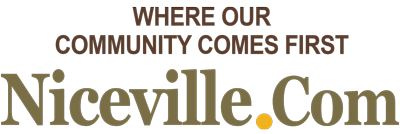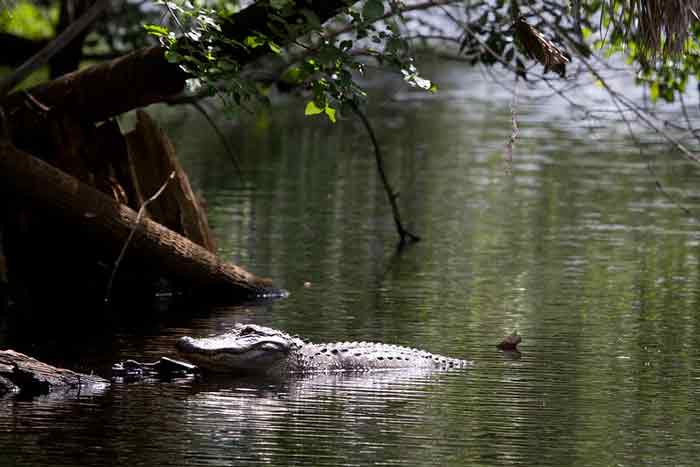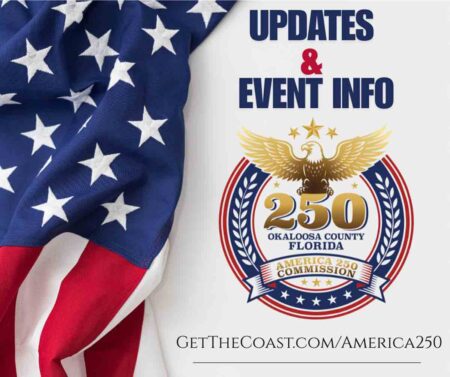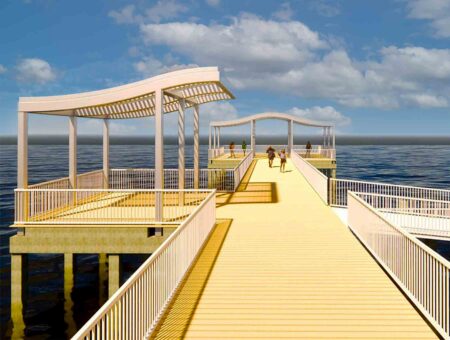FLORIDA — From May 1 to May 9, the Florida Fish and Wildlife Conservation Commission (FWC) is hosting the first Florida WildQuest, a unique scavenger hunt experience on wildlife management areas throughout the state.
Florida residents and visitors are encouraged to grab their mobile device and join a wild adventure with missions designed to help people discover some of Florida’s best spots to see wildlife and enjoy the outdoors.
WildQuest players of all ages will have opportunities to learn about and explore the FWC’s lead WMAs during the event. Participants who register and earn at least 2,000 points on one of the scavenger hunts can enter a drawing for wilderness-inspired prizes including a pair of binoculars and a field guide set! Players can go on the “Master WildQuest” or “WildQuest Jr.” at any lead WMA or visit one of the featured areas that will have area-specific quests:
- Big Bend Wildlife Management Area, Tide Swamp Unit in Steinhatchee.
- Fred C. Babcock/Cecil M. Webb Wildlife Management Area in Punta Gorda.
- Chinsegut Wildlife and Environmental Area in Brooksville.
- Guana River Wildlife Management Area in Ponte Vedra Beach.
- W. Corbett Wildlife Management Area in West Palm Beach.
- Kirk Edwards Wildlife and Environmental Area in Tallahassee.
- Tosohatchee Wildlife Management Area in Christmas.
To join a scavenger hunt, players will need a mobile device and the free GooseChase app. For more information and instructions visit FloridaNatureTrackers.com.
Florida WildQuest is designed to be a safe, socially distanced outdoor event for individuals and small groups. When interacting with staff and other visitors, masks should be worn if social distancing guidelines (6 feet) cannot be met.
Florida has one of the nation’s largest systems of state-managed wildlife lands. The WMA system includes over 6 million acres managed primarily for wildlife conservation and nature-based public use. The areas featured in Florida WildQuest are FWC lead areas, which are primarily managed by the FWC.
Other WMAs, called cooperative areas, are primarily managed by partner agencies or organizations. The FWC maintains, enhances and restores native natural habitats for the benefit of plant and animal populations as well as for the people of Florida. The public can use the WMA system for a variety of recreation opportunities including hunting, fishing and wildlife viewing opportunities.
To learn more about Florida’s WMA system, visit MyFWC.com/WMAs.





